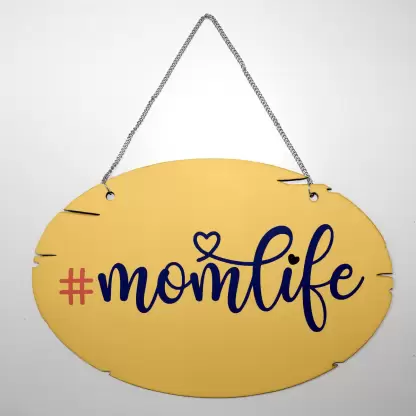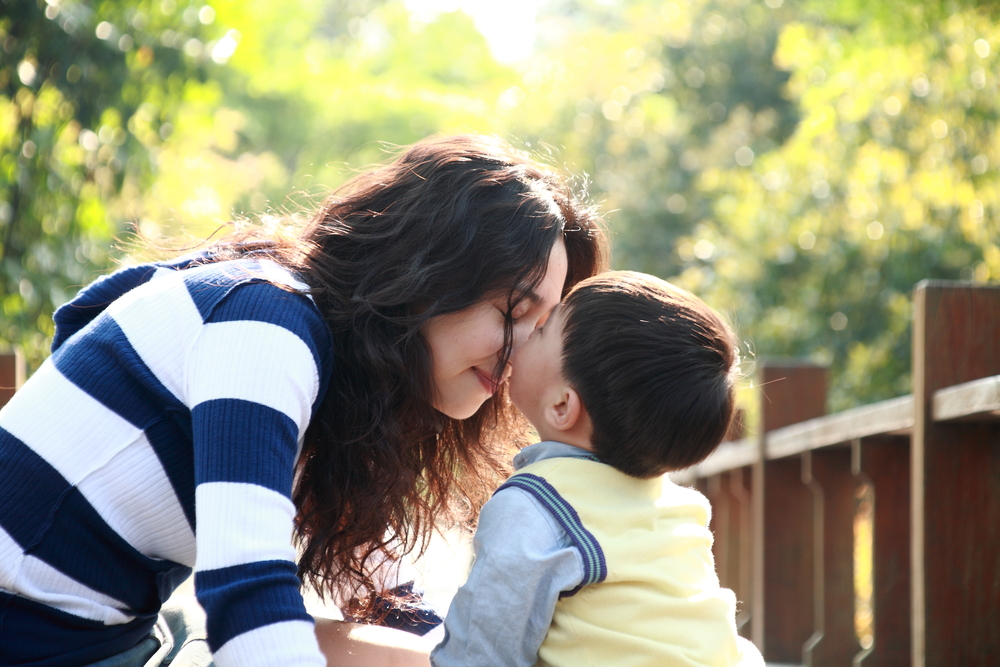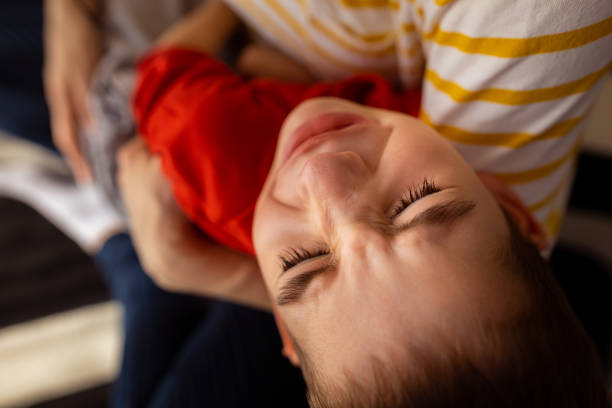“I think that I want to become good.” A warm smile falls on my face. My ten-year-old daughter and I are enjoying the final scene of Descendants, a new Disney Channel movie. Mal, the daughter of Maleficent, is the girl who utters this revelation. She is speaking to the boy she loves.
This lighthearted movie mixes High School Musical and Ever After High. Four offspring of notorious bad guys and gals are allowed to leave the island they live on with their parents and all other villains. King Ben of Auredon, a teenager himself, believes that the children of villains should have the opportunity to make their own decisions in life. He invites Mal and her three best friends to join him at Auradon High School. These “evil” teenagers strongly identify with their parents and desire to please them. The four children are under intense pressure from selfish role models to accept responsibility. They will lie, spy, and take power back from their greedy parents.
Fun musical numbers ensue. They make new friends, discover new things, and feel new emotions. Their eyes are open. Mal makes the most shocking confession in the last scene. She wants to be a good person. Ben smiles and says, “You are good.” Mal is completely out of her league. Mal wants to be good but wonders if her mother is “rotten to its core.” What is it that I can relate to?
I’m not the evil witch’s daughter. My mom is a kind person. She is an avid gardener and a skilled cook. She is a great comedian and will give thoughtful gifts. Her positive traits, such as creativity and grace, have been passed on to me. Her influence on me goes beyond these positive qualities. My mom experienced painful times in her early years of life. Her adaptability to these experiences had a profound impact on me.
Experts believe that I am, just like many other women, prone to adopting the negative aspects of my mother’s way of living life.
” Breaking The Fantasy Bond with Our Mothers” who describes women’s difficulties in pursuing their life goals. Friday suggests that a woman will unconsciously experience separation anxiety due to her internal bond with her mother with every milestone in independence. Anxiety can drive a woman to attempt to merge her identity with that of her mother. Even if she was not a great mom, the subtle merging with her identity would make her feel safe and familiar.
This means I will feel fearful as I achieve the things I desire. Although I might not be aware of the fear, it will become more real to me as I identify with my mother’s good and bad qualities.
Let me clarify. My mother, my real mother, may be away from my thoughts in Minnesota. My proxy, which I invented to relieve anxiety and based on my fifty years of experience with her, could be in California running my life right now. Yikes!
Although this inner mother-seeking was intended to calm my fears, it will also pull me away from the tangible, outer things I long for.
The Self Under Siege book discusses the mother-daughter conflict in great detail. The following excerpt is from Fear of Intimacy, which describes a mother’s struggle to mature.
Identifying with my mother is a source of independence, hard work, and an isolated feeling and negative attitude. My mother was unhappy with her marriage. My mother was not happy with her marriage.
Since childhood, these negative thoughts and feelings have been part of my life. The first time I cooked dinner for my boyfriend, I can still remember it. I felt an overwhelming anger over him as I prepared to prepare the meal. I hated the fact that he was waiting for me. Although I was just 19 years old, the bitterness in my heart was similar to that of a long-suffering spouse.
It is almost automatic to feel valid when you are critical. Surprisingly, this tendency is most active when there are exceptional circumstances. After experiencing the closeness of being with someone, I find that a hypercritical perspective comes into my mind in a matter of hours or minutes. My partner loves it when I shower him with love and affection. But sometimes, I push back without really understanding why.
Mal is a great example of me because I have a wonderful man who views me as kind and loving. Mal wonders if Mal is evil. I wonder if Mal’s cold, critical thoughts are real. The emotions I feel watching Mal struggle show me that there is more to me than what I see.
I can indeed choose whom I want. I can distinguish.
All human beings, men and women, have, in varying degrees, alien, critical attitudes toward themselves (Firestone et al., 2012). Differentiation refers to separating myself from the views and roles I have adopted from others and establishing who I am, what prefer, and what I want based on what truly lights me up in my life. However, this doesn’t mean that I must cut off my family. Differentiating allows me to be more open to their needs and helps me connect with them healthily. Family Systems Theory founder Dr. Murray Bowen was a pioneer in studying differentiation. Michael Kerr, his co-author, wrote, “The ability to have emotional contact with others while still being autonomous in one’s emotional functioning” is the essence of differentiation. (Definitions from Bowen Theory).
The Descendants’ pinnacle moment is when the four “bad” children are ready to betray their friends because they have to obey their parents. Ben intervenes and says, “Your parents made their decisions. You now make your own choices.
We all have the right to choose whom we want to be, regardless of our background. This might not be an easy task. It is possible to feel anxious and resist from within. However, we can strengthen who we are and ask those closest to us for their support and understanding.
The concept of differentiation in detail during the Webinar “The Self Under Siege: a New Model of Differentiation.” She explained that differentiation involves separating from negative influences we have assimilated as children, such as critical attitudes and defensive behavior that we developed to adapt to them. It also requires the development of values, beliefs, and goals that align with our true selves .
It has been passed unknowingly through generations. Although it may never disappear completely, it is a constant voice in my head. It is not something I can ignore. I can instill and empower the qualities I desire to demonstrate and express.
Mal decides to be good and inspires her friends. We then see the fun dance routine in which the main characters are paired. It’s a Hollywood classic happy ending… but don’t dismiss it as fluff. Mal says something very important: “I want Ben to be with me because Ben makes me happy.”
This is a beautiful insight that Deb Dobbin (yoga teacher and wise friend) recently shared on Facebook.
“If you’re a woman, perhaps you haven’t let love in. Your man should love you. This is the greatest gift you can give to the world. Let him love you however he likes. It’s big. It’s big.
Like Mal, I choose to love my partner and empower my goodness. My mom, unlike Maleficent, is happy to see me succeed. My mom has always praised my achievements in creating happiness in life. She hopes I will embrace my best qualities and let go of all the rest.





